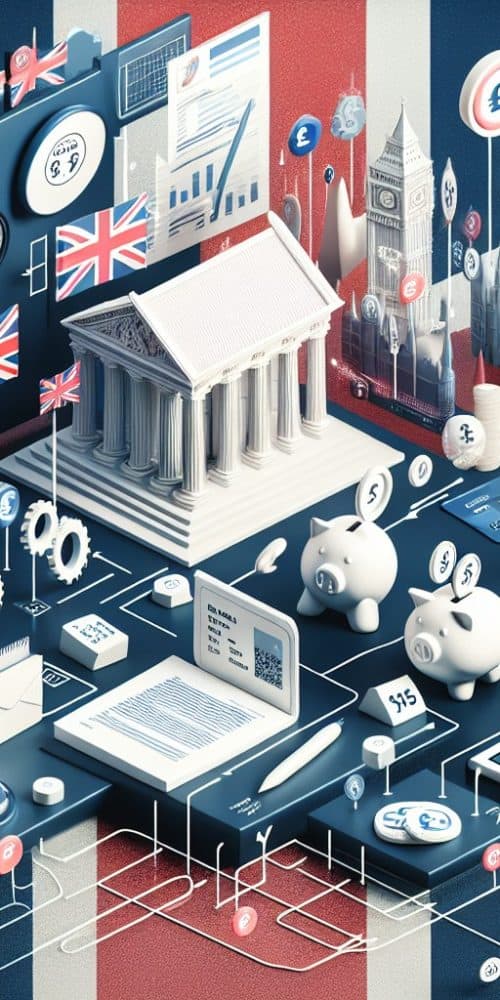 If you’ve never encountered Continuous Payment Authorities (CPAs), you’re certainly not the only one. Many mistakenly believe that any payment that is deducted regularly from a bank account must be a direct debit or a standing order. However, this assumption is incorrect. Understanding the differences is crucial, and the experts at Debt Consolidation Loans are here to assist you in navigating this often confusing financial landscape.
If you’ve never encountered Continuous Payment Authorities (CPAs), you’re certainly not the only one. Many mistakenly believe that any payment that is deducted regularly from a bank account must be a direct debit or a standing order. However, this assumption is incorrect. Understanding the differences is crucial, and the experts at Debt Consolidation Loans are here to assist you in navigating this often confusing financial landscape.
Although Continuous Payment Authorities resemble direct debits, they fundamentally differ in one significant aspect: they lack the protective guarantee associated with direct debits. This means that companies receiving payments can withdraw funds on any date and for any amount they deem necessary. In essence, they can take what they believe they are owed at any time, which can lead to unexpected financial strain for consumers if they are not vigilant about their accounts.
In contrast, the direct debit guarantee offers considerable protection for customers by stipulating that payments can only be processed on or near a specified date and for a predetermined amount. This arrangement is formalized through a written agreement signed by both parties involved. In many cases, however, there is no formal documentation of a Continuous Payment Authority, which can leave consumers vulnerable to unexpected charges.
Identifying and Understanding Continuous Payment Authorities
Recognizing a Continuous Payment Authority can sometimes be straightforward. For instance, if you observe a regular payment being deducted from a credit card account, it is likely a CPA, as direct debits and standing orders cannot be established on such accounts. Furthermore, while setting up a direct debit requires only the bank sort code and account number, if a business requests the long number from your bank card, they are likely setting up a CPA instead.
You have the right to cancel a Continuous Payment Authority by notifying either the company or your bank. If you instruct your bank to cancel a CPA, they are obliged to do so and ensure that no additional payments will be processed. This is a vital step in protecting your finances and preventing unauthorized withdrawals.
Many businesses opt to utilize Continuous Payment Authorities for convenience, including gyms, online services like Amazon for Prime and Instant Video, and various payday loan companies. If you decide to cancel a CPA through your bank, it is also essential to inform the company involved. Should you have an existing contract with them, check to see if you need to arrange for payment through a different method, particularly if the contract remains active.
Explore More Articles That Our Readers Enjoy:
 In-Game Buying Secrets: Tackling Mobile Gaming Debt
In-Game Buying Secrets: Tackling Mobile Gaming Debt
In-Game Buying Secrets: Tackling Mobile Gaming Debt
 Debt Consolidation Advice: Top Websites to Explore
Debt Consolidation Advice: Top Websites to Explore
Debt Consolidation Advice: Top Websites to Explore
 Does Debt Consolidation Ruin Your Credit: UK Insights
Does Debt Consolidation Ruin Your Credit: UK Insights
Does Debt Consolidation Ruin Your Credit: UK Insights
 How to Recover from Consolidation Mistakes: UK Guide
How to Recover from Consolidation Mistakes: UK Guide
How to Recover from Consolidation Mistakes: UK Guide
 Coronavirus and Debt: Navigating Financial Challenges
Coronavirus and Debt: Navigating Financial Challenges





